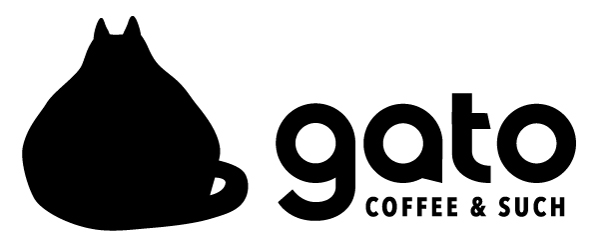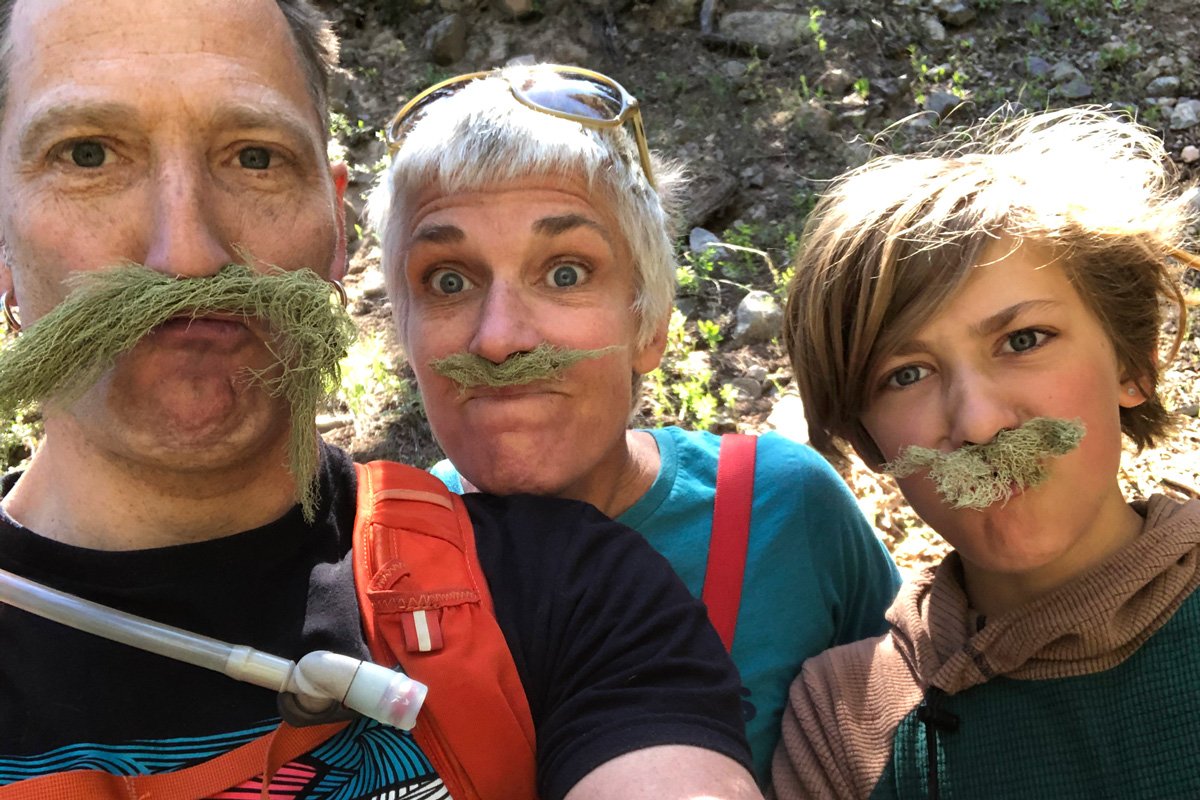It was the autumn of 2012. We were living in California where I’d taken a job with Patagonia. As was the custom, the company would pay all interested employees a full-day’s salary to leave their desks and volunteer with a chosen local group, and today’s activity was to clear out brush and trash from a portion of the Ventura River Bottom, which was a total mess. Unsightly doesn’t start to describe it. We all donned gloves and dragged our trashbags into the weeds and started picking up.
The reason I tell this story is because by the end of our day trudging around in the riverbed, we had made progress that was sort of remarkable to me. None of us individually had done all that much (picking up trash or moving brush is just not that hard) but collectively, the effects were unmistakable. Maybe it was the first time I’d really seen how much happens when we operate on the law of efficiencies, where each does a little and together we do a lot.
This riverbed moment is part of the philosophy behind Gato’s Buck-a-Bag giving program. It’s hard for just about anyone to support all the worthy causes they’d like, especially in uncertain times of real financial worry. So why not pitch in a little as a group and maximize the effort? Coffee is a commodity. Great coffee is a privilege. We’re under no illusion that even our little company costs the earth – and we know part of doing responsible business on a beleaguered planet is to give something back. So every time you buy coffee from us, we’ll give a buck for every 16-oz bag (75¢ for every 12-oz bag) to chosen non-profits doing things we believe in (and we’ll change those up a few times a year to spread the love).
We can only think of a few things that can make a great cup of coffee taste even better: cream, sugar — and giving back.
Our sincere thanks for your support.


